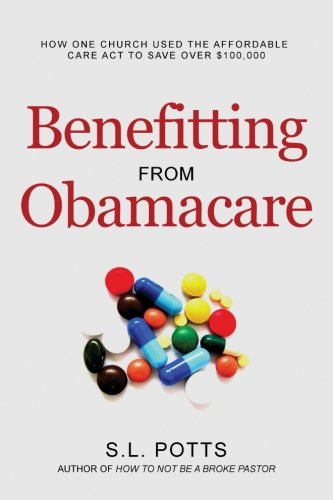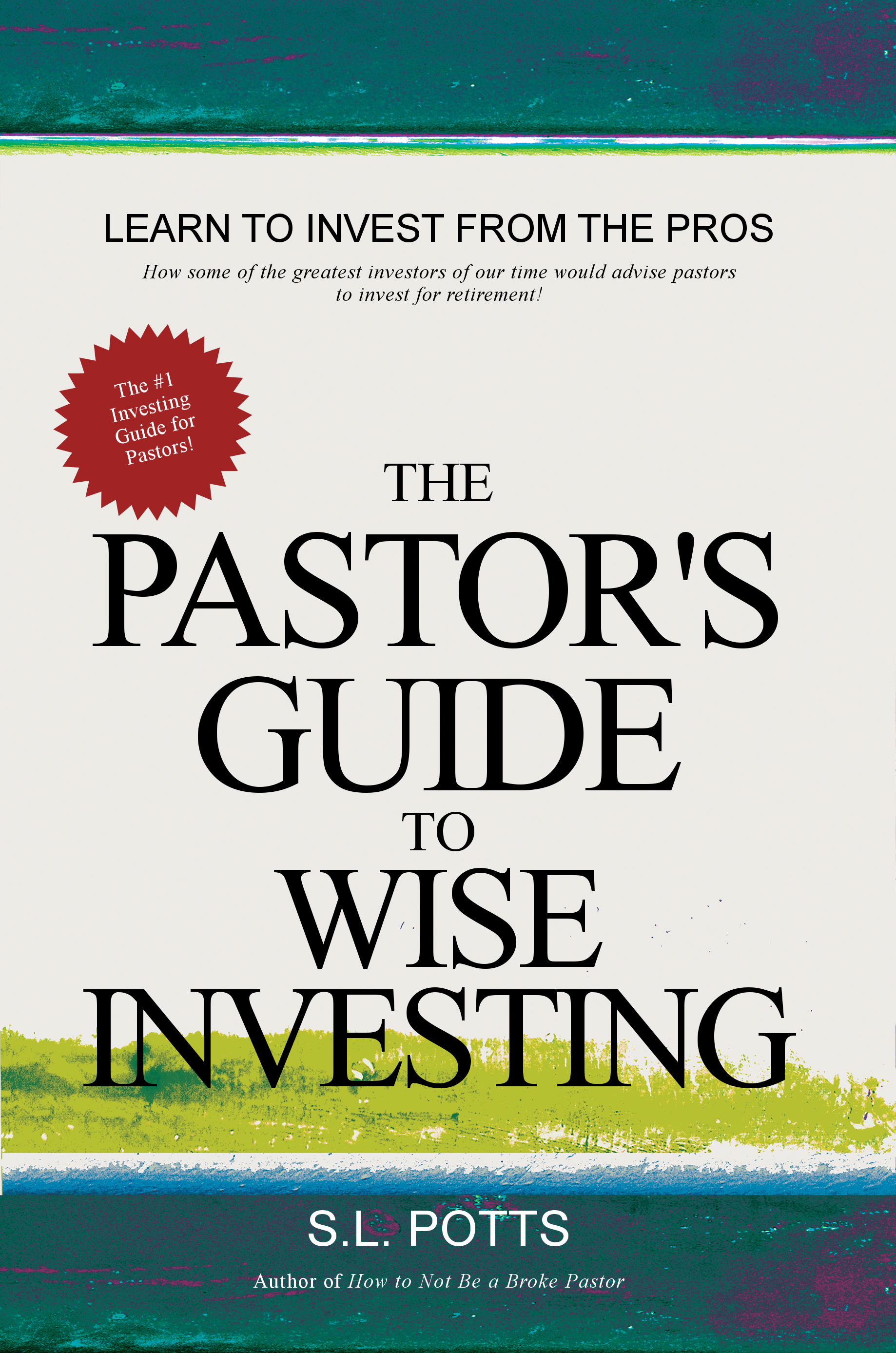Here is my latest article over at the Christian Broadcasting Network's website:
Without any hesitation or doubt, I believe that pastors should be given a generous amount of paid vacation or personal leave time.
While in seminary, I worked in the credit card and, later, mortgage departments of an international bank. Within three months of my employment, I was already receiving 18 days of paid time off (PTO) every calendar year (not including holidays). This wasn’t because I was special in any way. It was just their standard policy for all employees. That was three-and-a-half weeks of paid vacation! By the time I left, I was entitled to 23 days of PTO – nearly five weeks!
Now, think about that from this perspective: that was for a job that never once called me in the middle of the night because of an emergency; that never once had me in tears over someone’s pain or sinful choices; that never once asked me to stand at the bedside of a dear friend to watch him take his last breath; and that never once was going to require me to answer for the souls of the people we served.
If there was ever an employee in the history of the world that should be given generous time off, it has to be a pastor.
As an additional thought on this, consider the fact that pastoring is not a normal “40 hour/week” kind of job. In a very real sense, it never ends. There are no days off from loving your people and being concerned about them. There is no vacation from one’s responsibility to care for their souls. Again, if there was ever a “job” that should be provided with as much PTO as possible, it has to be the job of a pastor.
So, be generous with the paid vacation time you provide for your pastoral staff. You have no idea how much they need it.
To read more about benefits pastors should receive, pick up a copy of my book, How to Not Be a Broke Pastor!
Listen to what readers are saying:
"Really liked this book. Highly recommend it for anyone who is working through the maze of non-profit pastoral finances. There is not enough help subject and this book is a very needed addition in this regard. The book is enjoyable, well outlined, and makes a complex subject easy to understand." - Ilya







